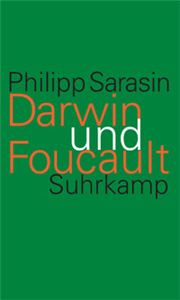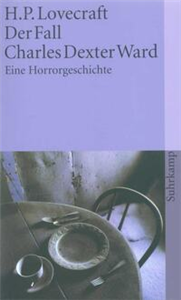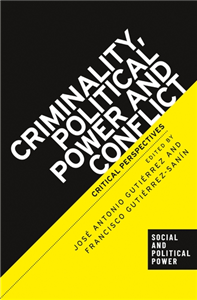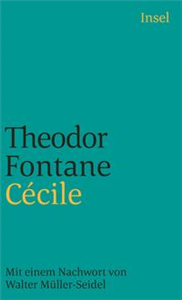»Die ungeheure Verschiedenartigkeit der Pflanzen und Tiere«
Jeder hat von Charles Darwin gehört, und fast jeder von seiner bahnbrechenden Evolutionstheorie. Volker Mosbrugger und Hans Traxler sind dem Lebensweg Darwins und dem Weg seines Werks gefolgt.
Sein bedeutendes Buch »Über die Entstehung der Arten«, das 1859 erstmals erschien, hat ihn weltberühmt gemacht, aber es hat ihm auch Feinde eingebracht, denn sowohl seine Abstammungslehre als auch die Vorstellung, daß im »Kampf ums Dasein« nur die Tüchtigeren überleben, ist von Anfang an bis heute immer wieder angefeindet worden.
Geboren wurde Darwin in einem englischen Landstädtchen, sein Interesse an der Natur und den Naturwissenschaften, insbesondere an der Biologie, war schon von Kindheit an groß. Er interessierte sich für die Gesteine, sammelte gerne Käfer, und 1831 brach er zu einer fünfjährigen Expedition mit dem berühmten Schiff, das den Namen Beagle trug, zu einer Reise um die Welt auf. Er besuchte Patagonien und Feuerland und die Galapagosinseln, wo er Vögel beobachtete, was ihn zu seiner Theorie anregte, und von wo er eine Schildkröte mitbrachte, die im Alter von 176 Jahren erst vor kurzem gestorben ist. Darwin selbst starb im Alter von 73 Jahren und wurde in der Westminster Abbey bestattet. Im Jahr 2000 wurde sein Bild auf die britische 10-Pfund-Note gedruckt, weil angeblich sein Bart nur schwer zu fälschen sei.
























